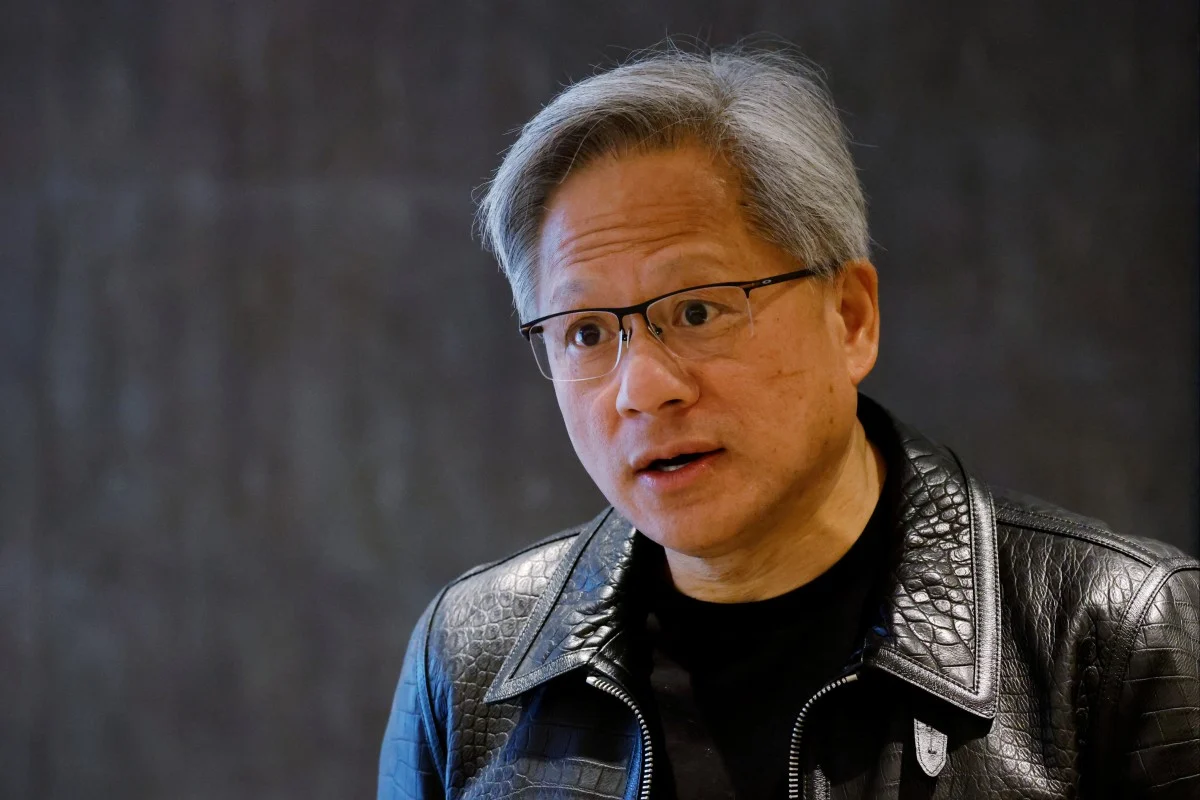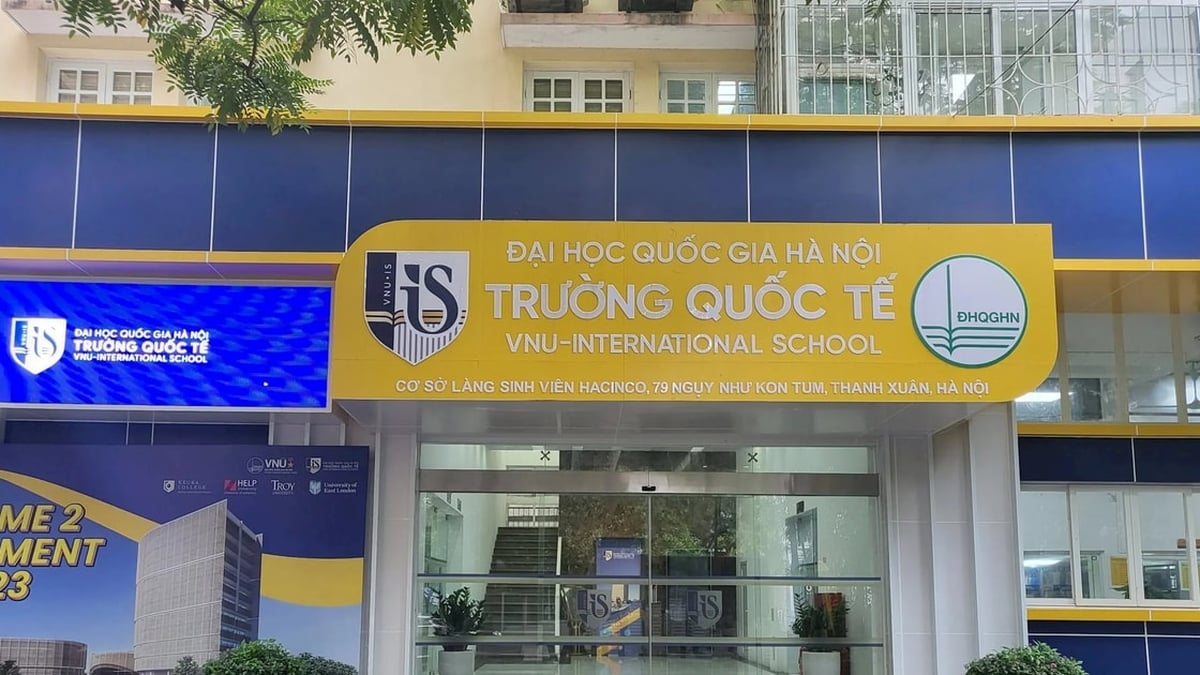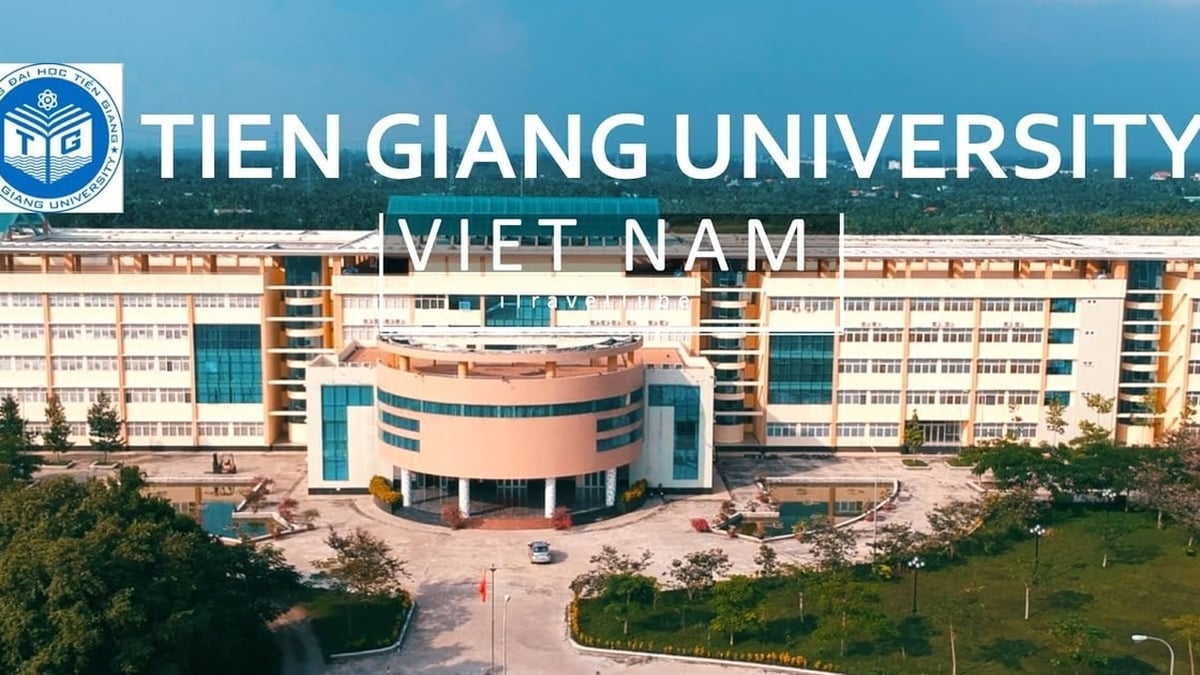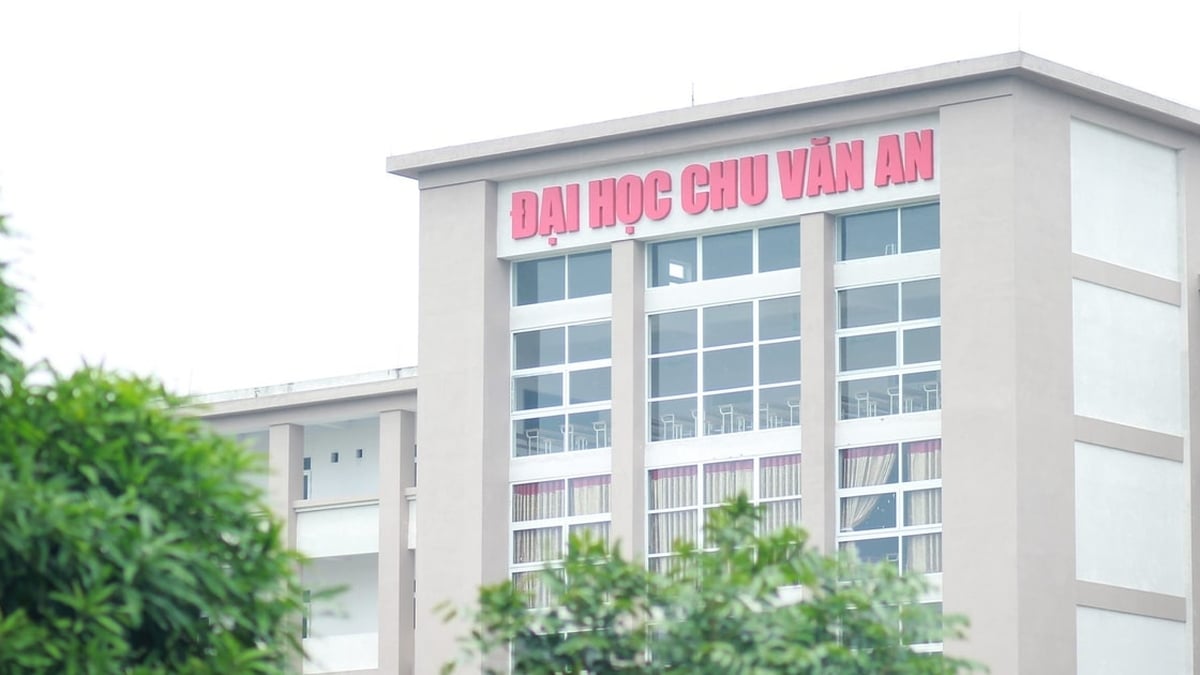Nvidia CEO Jensen Huang, a Taiwanese-American businessman, visited Nvidia offices in Beijing, Shanghai and Shenzhen last week and appeared at the company's annual meetings, according to Chinese media.
In videos circulating online, Huang, 60, is seen wearing a patterned vest and performing a Yangge folk dance.
An Nvidia spokesperson said the CEO was visiting China to “celebrate the New Year with employees.”

This is the Nvidia founder’s first visit to China in more than four years, as the US chip giant remains locked in a US-China tech war. Mr Huang’s last public appearance in China was in December 2019, when he spoke about the application of artificial intelligence (AI) in the automotive, gaming and healthcare sectors.
The Nvidia chief was reportedly planning to visit Shanghai in June 2023, where he was scheduled to meet with executives from Chinese tech companies including Tencent Holdings, ByteDance and Xiaomi. However, he ultimately canceled the trip.
Mr. Huang’s latest visit comes as Nvidia faces growing headwinds in the Chinese market. In October 2023, the U.S. government further tightened chip export restrictions, blocking China’s access to graphics processing units (GPUs) that Nvidia had designed specifically for mainland customers to “get around” previous restrictions.
In its November earnings report, Nvidia predicted that sales to China and other US-restricted regions — which have accounted for 20-25% of its data center revenue in the past few quarters — would decline significantly in the final quarter of 2023.
Nvidia is currently developing new products for the Chinese market but warned the process will take time, as the company tries to "find the right balance" for its customers in the mainland in the face of US chip restrictions.
“We have to come up with new chips that are compliant, and once we do that, we’ll go back to China,” Huang said in November at The New York Times’ DealBook conference. “We try to do business with whoever we can. On the other hand, our national security and national competitiveness are very important.”
A month later, Nvidia’s head said it was “working very closely” with the US government to create products that comply with regulations. US Commerce Secretary Gina Raimondo said Nvidia “can, will and should sell AI chips to China because most of the AI chips will be for commercial applications,” but stressed that the company cannot sell its most advanced semiconductors to customers there.
(According to SCMP)
Source






























![[Photo] National Assembly Chairman Tran Thanh Man visits Vietnamese Heroic Mother Ta Thi Tran](https://vphoto.vietnam.vn/thumb/1200x675/vietnam/resource/IMAGE/2025/7/20/765c0bd057dd44ad83ab89fe0255b783)







































































Comment (0)